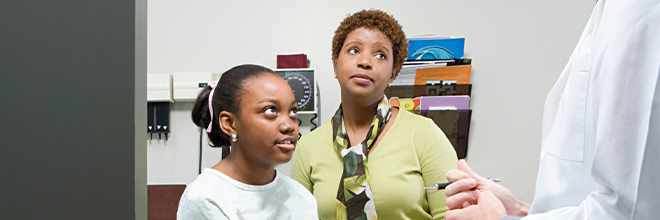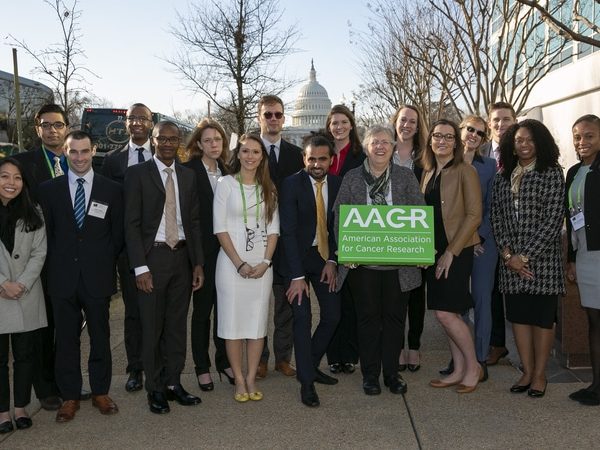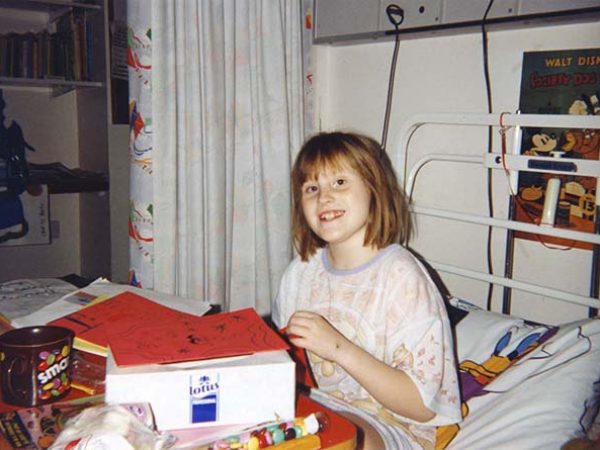Childhood Acute Lymphoblastic Leukemia

Childhood acute lymphoblastic leukemia (ALL) is a type of cancer in which the bone marrow makes too many immature lymphocytes, a type of white blood cell. Also called acute lymphocytic leukemia, this form of cancer usually gets worse quickly if it is not treated.
ALL is the most common type of cancer in children. Approximately 3,100 children and adolescents younger than 20 are diagnosed with ALL each year in the United States, according to the National Cancer Institute. Family history, exposure to chemotherapy or radiation, and certain inherited genetic disorders may affect the risk of developing childhood ALL.
In patients with ALL, the leukemia cells do not work like normal lymphocytes and are not able to fight infection very well. Moreover, as the number of leukemia cells increases in the blood and bone marrow, there is less room for healthy white blood cells, red blood cells, and platelets. This may lead to infection, anemia, and easy bruising and bleeding.
Childhood Acute Lymphoblastic Leukemia Treatment (PDQ®)Source: National Cancer Institute



